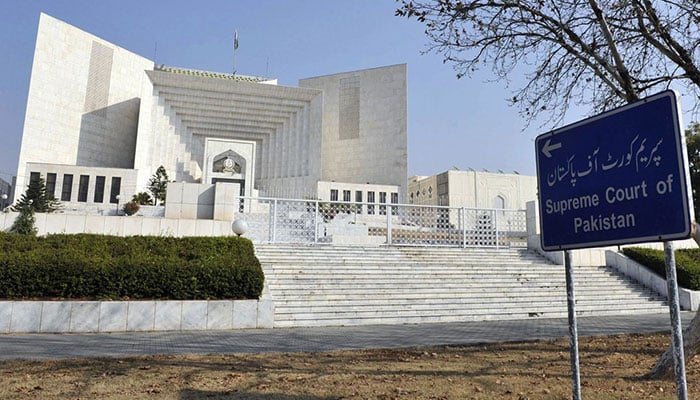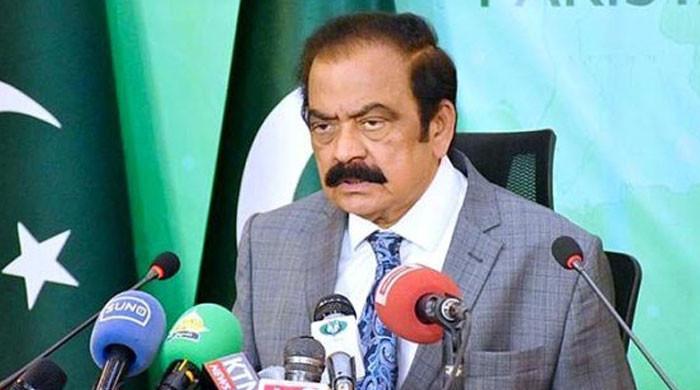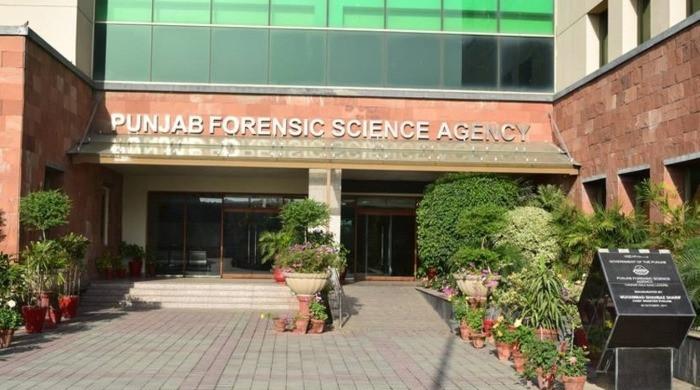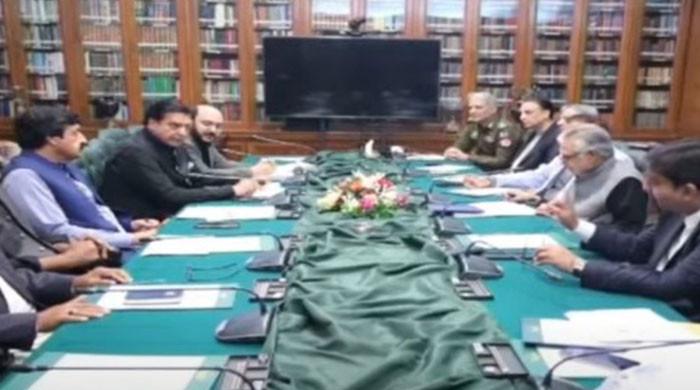SC forms body to decide on live telecast of ZA Bhutto reference
Bilawal Bhutto chairs a meeting of PPP's legal experts to discuss different aspects of reference
December 09, 2023

- Supreme Court to take up presidential reference on Dec 12.
- Body comprises Justices Athar Minallah and Muhammad Ali Mazhar.
- Bilawal Bhutto expected to appear in Supreme Court.
ISLAMABAD: A two-judge panel has been constituted by the Supreme Court to decide on the live telecast of the Zulfiqar Ali Bhutto reference filed by former president Asif Ali Zardari in 2011.
The committee — comprising Justice Athar Minallah and Justice Muhammad Ali Mazhar — will decide whether the proceedings should be telecast live or not and whether the recording should be issued or not after the conclusion of the reference.
In this respect, the committee will furnish its report to Chief Justice of Pakistan (CJP) Qazi Faez Isa on December 11.
If approved, this would be the second time in the country's judicial history that a case is broadcast live. Earlier in September, the hearing of petitions challenging the Supreme Court (Practice and Procedure) Act 2023 was aired on national television.
It is pertinent to mention that a nine-member larger bench of the Supreme Court — headed by the chief justice — will take up the reference on December 12.
Other members of the larger bench include Justice Sardar Tariq Masood, Justice Mansoor Ali Shah, Justice Yahya Afridi, Justice Amin-Ud-Din Khan, Justice Jamal Khan Mandokhail, Justice Muhammad Ali Mazhar, Justice Syed Hasan Azhar Rizvi and Justice Musarrat Hilali.
PPP supremo Zardari had approached the top court through the presidential reference 11 years ago seeking its opinion on the conviction of former prime minister ZA Bhutto.
He moved the court under Article 186 (1) and (2) of the Constitution, which empowers the president to refer any question of public importance to the SC for its opinion.
The last hearing of the case was held in January 2012 by an 11-member bench headed by then-chief justice of Pakistan Iftikhar Muhammad Chaudhry.
Meanwhile, PPP Chairman Bilawal Bhutto-Zardari chaired a meeting of the party’s legal wizards to discuss the reference. He is also expected to appear before the court when it takes up the matter next week.
The PPP chairman had also filed an application with the apex court pleading to become a party to the presidential reference.
He had submitted that his grandfather was brutally executed as a consequence of a stroke of a pen, adding that his life could not be brought back by a similar stroke but his dignity and valour could be restored and reflected correctly to some extent in the books of precedent and legal history of the country.
Bilawal further stated that in the United Kingdom, the famous case of R versus Mattan was a testament to the fact that miscarriage of justice should be rectified even posthumously.
He stated that in that particular case, the family of the wrongly executed person was granted a massive monetary compensation.
However, the PPP chairman submitted that he did not claim any monetary compensation but for him, it lay in correcting the history.
Bilawal felt that if the miscarriage of justice was rectified and due care and diligence were exercised while dispensing justice then his purpose would be served and a victory would be achieved not only for himself but also for the people, democracy, and the judicial system.












